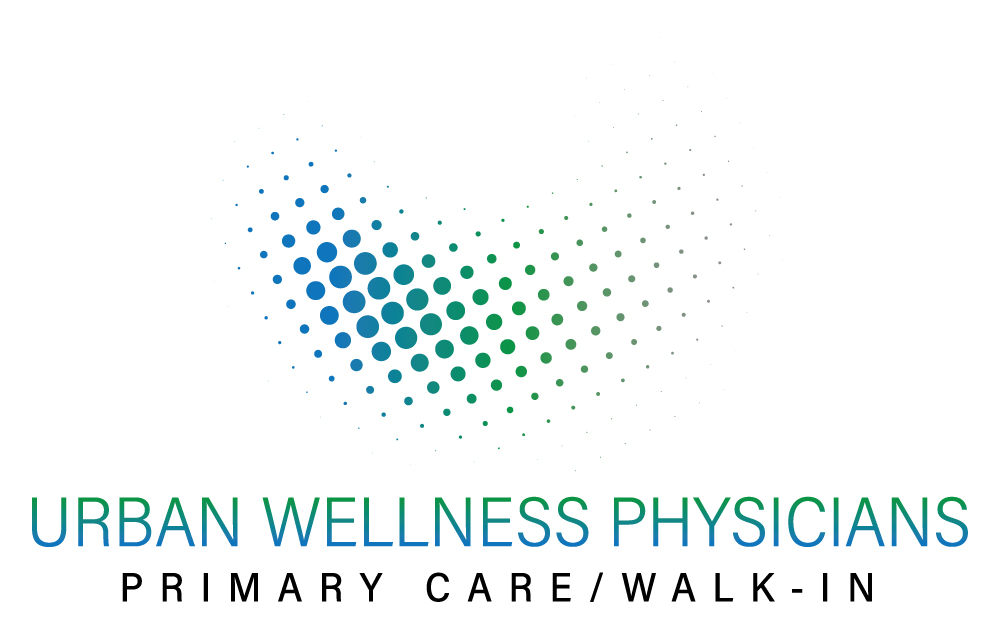Understanding Alzheimer’s and Brain Awareness Month: June
Every June, the world unites for Alzheimer’s and Brain Awareness Month. This period is dedicated to raising crucial awareness about the disease, its impact on millions of lives, and the urgent need for increased research and support.
What is Alzheimer’s disease?
It is a progressive neurodegenerative disorder that attacks brain cells, gradually impairing memory, thinking, and behavior. As Alzheimer’s progresses, proteins called plaques and tangles build up in the brain, disrupting communication between neurons. This leads to memory loss, confusion, difficulty with daily tasks, and changes in personality. Sadly, Alzheimer’s is a global health crisis, currently affecting over 55 million people worldwide. Moreover, the numbers are expected to rise significantly in the coming years.
Symptoms and Diagnosis
Early signs may be subtle, often mistaken for normal aging. These include forgetfulness, difficulty remembering recent events, and struggling to find the right words. Alzheimer’s disease progresses through distinct stages. Initially, it starts with mild forgetfulness in the early stages. Subsequently, it leads to severe cognitive decline and dependence on others in the later stages. Ultimately, this progression significantly impacts the individual’s ability to function independently. Diagnosing Alzheimer’s can involve a combination of cognitive tests, medical history evaluation, brain imaging scans, and sometimes even spinal fluid tests.
Causes and Risk Factors
The exact cause remains unknown, but research suggests a complex interplay of multiple factors. To begin with, age is the biggest risk factor, with the risk increasing significantly after the age of 65. In addition, genetics play a crucial role, with some gene variations increasing susceptibility to Alzheimer’s disease. Moreover, environmental and lifestyle factors, such as head injuries, heart disease, high blood pressure, diabetes, and an unhealthy diet, may also contribute to the overall risk. Additionally, researchers are actively investigating the underlying causes of Alzheimer’s, with many promising leads emerging from recent studies. Consequently, understanding these factors may help in developing better preventive measures and treatments.
Alzheimer’s Current Treatments and Management
While there’s no cure for it, several treatment options can help manage symptoms and improve quality of life. Medications may help regulate brain chemicals and slow the progression of the disease. Therapy plays a vital role, with cognitive stimulation activities and behavioural management strategies aiding patients in daily living. Additionally, maintaining a healthy lifestyle with exercise, a balanced diet, and social engagement can contribute to managing the disease.
Research and Future Directions
Alzheimer’s research is experiencing a surge in activity. Scientists are investigating new drugs, gene therapies, and lifestyle interventions that could potentially slow or even prevent the disease. Breakthroughs in early detection and personalized medicine offer hope for the future. Continued funding and support for research are essential for finding a cure.
Supporting Individuals and Families
Caring for someone with Alzheimer’s can be emotionally and physically demanding. Support groups, educational resources, and organizations like the Alzheimer’s Association offer invaluable guidance and assistance to families. Caregivers need support too. Prioritizing self-care and seeking help from family, friends, and professional services are crucial for maintaining well-being.
How to Get Involved
There are numerous ways to participate in Alzheimer’s and Brain Awareness Month:
- Attend community events and fundraisers.
- Organize awareness campaigns in your workplace or neighbourhood.
- Donate to organizations supporting Alzheimer’s research and care.
- Volunteer your time to support patients and families.
- Share information and resources on social media using hashtags like #EndAlz and #AlzheimersAwarenessMonth.
Conclusion
By raising awareness, supporting research, and providing care and support, we can make a real difference in the fight against Alzheimer’s.
Call to Action
Let’s work together to turn the tide on Alzheimer’s. Share this post, participate in awareness activities, and support organizations dedicated to finding a cure. Together, we can create a future free from Alzheimer’s.
Other blogs: https://uwphysicians.com/sexually-transmitted-infections-stis-understanding-the-impact-and-taking-action/
For Appointments: https://app.nexhealth.com/appt/urban_wellness_physicians




